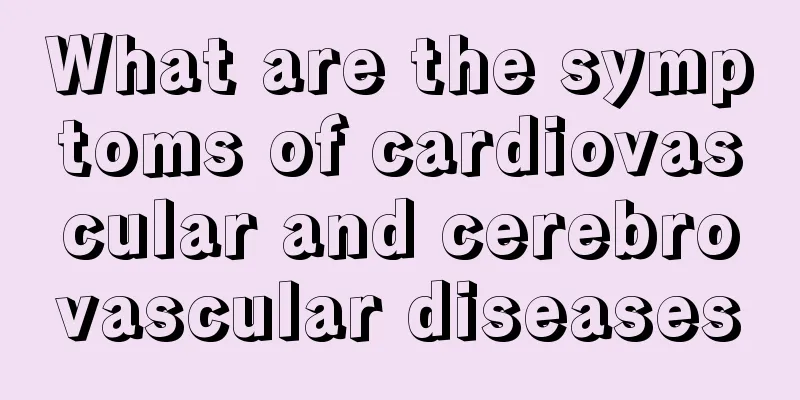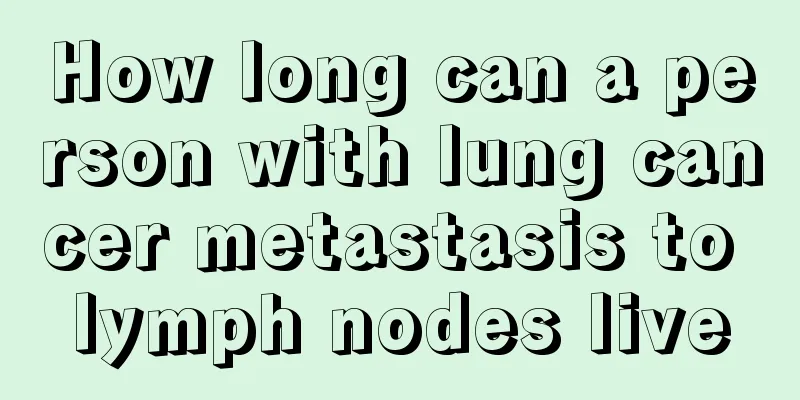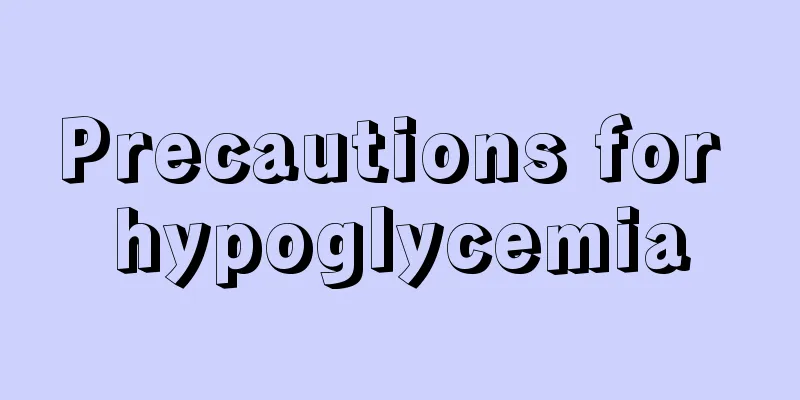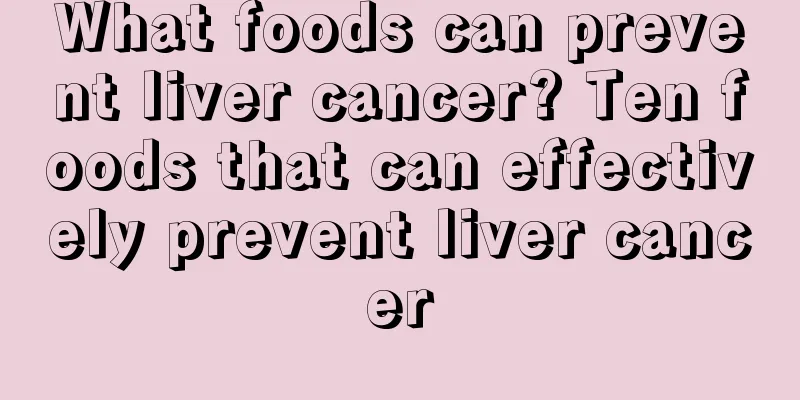What are the symptoms of cardiovascular and cerebrovascular diseases

|
Cardiovascular and cerebrovascular diseases are a general term for cardiovascular and cerebrovascular diseases, which are more common among the elderly. The symptoms of cardiovascular and cerebrovascular diseases are also determined by different types of diseases, including symptoms of cerebral thrombosis and cerebral arteriosclerosis. 1. Cerebral thrombosis: Acute onset is the main feature, and it is one of the most rapidly developing diseases. Most patients do not have any prodromal symptoms before the onset of the disease, and the disease develops suddenly during activities. The vast majority of symptoms develop to a peak within seconds or minutes. A small number of patients show step-by-step or progressive deterioration within a few days. About half of the patients have impaired consciousness at onset, but it lasts for a short time. 2. Cerebral arteriosclerosis: Symptoms such as dizziness, headache, irritability, inattention, memory loss, limb numbness, and bleeding often occur. 3. Transient ischemic attack: Sudden transient blackout, loss of vision, white flashes, visual field loss, or diplopia in one eye may occur suddenly and last for a few minutes before recovery. Mild hemiparesis or hemisensory abnormalities in the contralateral limbs. Damage to the dominant hemisphere may cause transient aphasia, apraxia, alexia, or agraphia, or simultaneous weakness of the facial and tongue muscles. Transient difficulty swallowing, choking when drinking water, slurred speech or hoarseness. 4. Heart disease Common symptoms include: palpitations, dyspnea, cyanosis, cough, hemoptysis, chest pain, edema, oliguria, etc. V. Others Local pain, numbness or muscle weakness in the lower limbs may occur after activity. The symptoms will be relieved after the limbs stop moving. The symptoms will reappear after repeated exercise of the same intensity and will be relieved after rest. This often indicates that the lumen of the lower limb arteries is narrowed due to the formation of atherosclerotic plaques. At this time, it often indicates that the blood vessels of important organs such as the heart and brain have the same changes, and timely medical treatment is required. Sudden loss of consciousness, falling to the ground, with or without convulsions of the limbs, waking up on their own after a few minutes to tens of minutes, and no special discomfort afterwards, is medically known as syncope. Many cardiovascular diseases can cause syncope, such as bradycardia, various tachycardias, aortic valve stenosis, hypertrophic cardiomyopathy, pulmonary embolism, primary pulmonary hypertension, severe myocardial infarction, etc. At this time, you must seek medical attention in time, otherwise there is a risk of sudden death. |
<<: What are the effective ways to prevent cardiovascular and cerebrovascular diseases?
>>: What to do if you are afraid of the dark? 6 tips to help you relieve
Recommend
Chemotherapy is currently the main adjuvant treatment for ovarian cancer
Experts say that regarding the treatment of ovari...
TCM classification and treatment of lymphoma
Traditional Chinese medicine has been studying ly...
Nursing for fatigue and abdominal pain after liver cancer surgery
How to care for fatigue and abdominal pain after ...
Conservative treatment for bile duct stones
Bile duct stones refer to the growth of stones in...
Will lung cancer treatment cause complications? The main things to note when treating lung cancer
Over the past half century, the incidence of bron...
What is the best way to sober up?
When holidays come, some friends will get togethe...
Four situations of recurrence in patients with colon cancer
The effect of treating colon cancer varies from p...
What factors affect the prognosis of melanoma
Melanoma has a high recurrence and metastasis rat...
Can I eat mangoes while losing weight?
Mango can be said to be one of the fruits with a ...
How is brain cancer treated surgically
In recent years, brain cancer has gradually risen...
What causes itchy scalp? Experts answer your questions
Sometimes people will find that their scalp is pa...
How long can one live with advanced indolent lymphoma
How long can you live with advanced indolent lymp...
What causes liver tumors?
The harm of liver tumors is very serious, so earl...
Ignoring 7 daily necessities may cost you your life
In our daily home life, we are often invaded by b...
How to treat low sperm motility?
Some male friends may experience low sperm motili...









